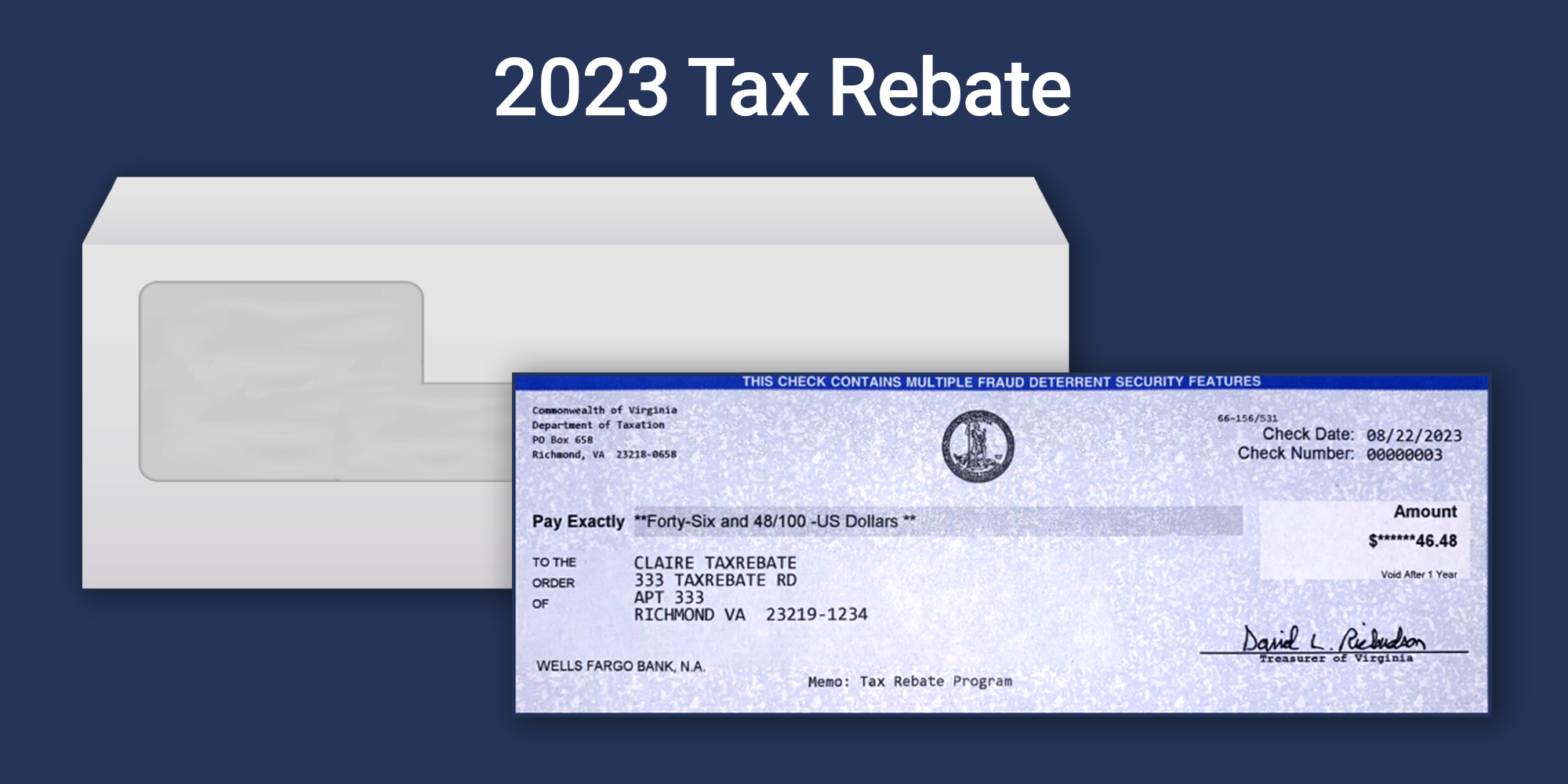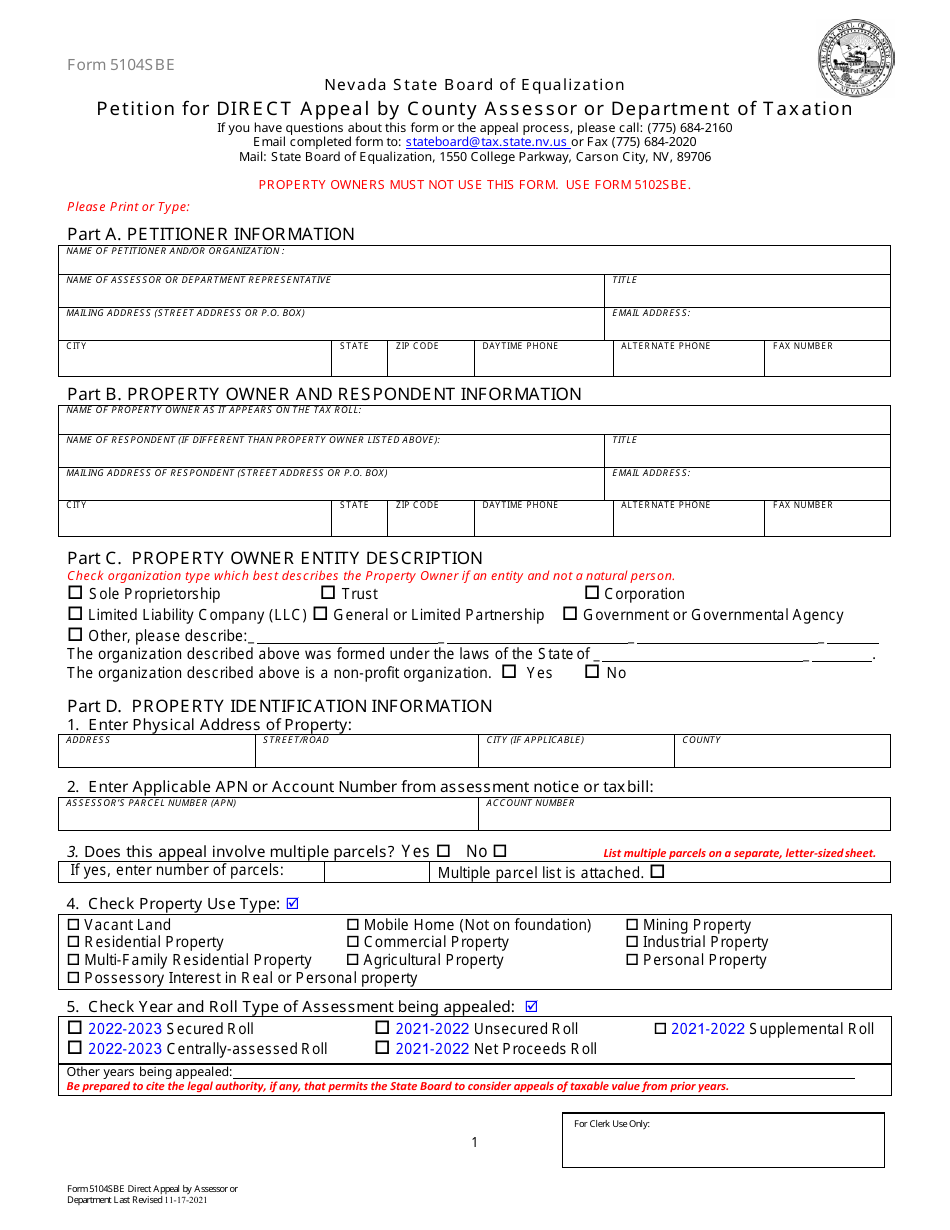When it comes to navigating the complexities of state taxation in Virginia, the VA Dept of Taxation serves as the cornerstone for both residents and businesses alike. This department plays a pivotal role in administering state taxes, ensuring compliance, and providing valuable resources to taxpayers. From individual income taxes to corporate filings, the VA Dept of Taxation oversees a wide array of fiscal responsibilities that directly impact the economic health of the Commonwealth. Understanding its functions and staying informed about its policies is crucial for anyone residing in or doing business within Virginia.
For individuals and businesses, staying updated on the latest tax regulations, deadlines, and available incentives is essential for effective financial planning. The VA Dept of Taxation not only enforces tax laws but also offers guidance and support to help taxpayers navigate the system. Whether you're filing your annual tax return or seeking information about specific tax credits, the department provides a wealth of resources to assist you in making informed decisions. This article aims to delve into the intricacies of the VA Dept of taxation, offering valuable insights and practical tips for managing your tax obligations efficiently.
In an ever-changing tax landscape, the VA Dept of Taxation continues to adapt and evolve, ensuring that its services remain relevant and accessible to all Virginians. By understanding the department's role and responsibilities, taxpayers can better prepare for their financial obligations and take advantage of available opportunities. This guide will explore key aspects of the department's operations, highlight important deadlines, and provide actionable advice to help you stay compliant and maximize your tax benefits.
Read also:Exploring The Serenity Of Kahneeta Warm Springs Oregon
What Are the Key Functions of the VA Dept of Taxation?
The VA Dept of Taxation is responsible for administering a variety of tax programs that affect individuals, businesses, and organizations within the state. These programs include personal income tax, corporate income tax, sales and use tax, and fuel taxes, among others. The department's primary functions revolve around ensuring compliance, collecting revenue, and providing taxpayer assistance. By maintaining a robust system of tax administration, the VA Dept of Taxation supports the financial stability of Virginia while promoting economic growth and development.
One of the department's core responsibilities is the collection of taxes, which fund essential state services and infrastructure projects. Through its enforcement efforts, the VA Dept of Taxation ensures that all taxpayers meet their obligations, thereby maintaining a fair and equitable tax system. Additionally, the department offers various resources, such as online filing tools, educational materials, and customer service channels, to assist taxpayers in understanding and fulfilling their tax responsibilities.
How Does the VA Dept of Taxation Support Taxpayers?
The VA Dept of Taxation provides a range of services designed to support taxpayers throughout the filing process. These services include online filing options, detailed guidance on tax forms, and access to knowledgeable customer service representatives. By leveraging technology and offering comprehensive resources, the department aims to simplify the tax filing experience for individuals and businesses alike. Furthermore, the VA Dept of Taxation regularly updates its website with the latest information on tax laws, deadlines, and available incentives, ensuring that taxpayers remain well-informed.
In addition to these resources, the VA Dept of Taxation offers specialized assistance for specific taxpayer groups, such as small businesses and low-income individuals. Through targeted programs and outreach efforts, the department strives to address the unique needs of these groups and provide them with the support they require to navigate the tax system effectively. By prioritizing taxpayer support, the VA Dept of Taxation reinforces its commitment to promoting fairness and accessibility within the state's tax framework.
Why Is It Important to Understand VA Dept of Taxation Deadlines?
Understanding and adhering to tax deadlines is crucial for avoiding penalties and ensuring compliance with state regulations. The VA Dept of Taxation sets specific deadlines for various tax filings, including individual income tax returns, corporate tax returns, and sales tax reports. Missing these deadlines can result in significant financial consequences, including interest charges and penalties, which can further complicate your tax situation. Therefore, it is essential to stay informed about these deadlines and plan accordingly to meet your obligations.
Moreover, being aware of deadlines can help you take advantage of available tax credits and deductions, maximizing your potential savings. The VA Dept of Taxation provides clear guidance on these deadlines through its website and other communication channels, ensuring that taxpayers have the information they need to stay on track. By staying organized and proactive, you can avoid unnecessary stress and ensure a smooth tax filing process.
Read also:Discover The Best Platforms To Watch The Last Word With Lawrence Odonnell
What Are the Most Common Tax Credits Offered by the VA Dept of Taxation?
The VA Dept of Taxation offers several tax credits designed to benefit individuals and businesses within the state. These credits aim to incentivize certain behaviors, such as energy conservation, education, and job creation, while also providing financial relief to eligible taxpayers. Some of the most common tax credits include the Virginia Energy Efficiency Tax Credit, the Virginia Education Improvement Scholarship Tax Credit, and the Virginia Enterprise Zone Tax Credit. Each of these credits has specific eligibility criteria and application processes, so it is important to review the details carefully before applying.
For individuals, the Virginia Energy Efficiency Tax Credit is particularly popular, as it allows homeowners to claim a credit for qualifying energy-efficient upgrades to their residences. Businesses, on the other hand, may benefit from the Virginia Enterprise Zone Tax Credit, which encourages investment in designated enterprise zones by offering tax incentives for job creation and capital investment. By taking advantage of these credits, taxpayers can reduce their overall tax liability and contribute to the state's economic and environmental goals.
How Can the VA Dept of Taxation Help Small Businesses?
Small businesses play a vital role in Virginia's economy, and the VA Dept of Taxation recognizes this by offering specialized programs and resources to support their growth and success. One such program is the Virginia Small Business Assistance Fund, which provides grants and loans to help small businesses expand and create jobs. Additionally, the department offers tax incentives for small businesses, such as the Virginia Small Business Job Creation Tax Credit, which rewards companies for hiring new employees and increasing payroll.
Aside from financial assistance, the VA Dept of Taxation also provides educational resources and workshops to help small business owners navigate the complexities of state tax regulations. These resources cover topics such as tax planning, record-keeping, and compliance, empowering business owners with the knowledge and tools they need to succeed. By supporting small businesses, the VA Dept of Taxation contributes to the overall economic vitality of the state.
What Resources Does the VA Dept of Taxation Offer for Taxpayers?
The VA Dept of Taxation offers a wealth of resources to assist taxpayers in managing their tax obligations effectively. These resources include online filing tools, detailed tax guides, and interactive calculators, all designed to simplify the tax filing process. The department's website serves as a central hub for all taxpayer information, providing access to forms, instructions, and frequently asked questions. Additionally, the VA Dept of Taxation offers a mobile app that allows taxpayers to file their returns, check the status of their refunds, and access important tax information on the go.
For those who prefer personal assistance, the VA Dept of Taxation maintains a network of taxpayer assistance centers throughout the state. These centers provide in-person support and guidance to help taxpayers resolve issues and complete their filings accurately. Whether you need help with a specific tax form or have general questions about state tax laws, the department's knowledgeable staff is available to assist you. By leveraging these resources, taxpayers can ensure a smoother and more efficient tax filing experience.
Understanding Tax Obligations with the VA Dept of Taxation
How Does the VA Dept of Taxation Enforce Compliance?
Enforcing compliance is a critical function of the VA Dept of Taxation, as it ensures that all taxpayers meet their obligations and contribute to the state's revenue. The department employs a variety of enforcement strategies, including audits, investigations, and penalty assessments, to address non-compliance issues. These strategies are designed to identify and rectify discrepancies in tax filings, ensuring that all taxpayers adhere to state regulations.
In addition to enforcement actions, the VA Dept of Taxation emphasizes education and outreach as key components of its compliance strategy. By providing taxpayers with the resources and information they need to understand and meet their obligations, the department aims to foster a culture of voluntary compliance. This approach not only enhances the efficiency of tax administration but also promotes fairness and equity within the state's tax system.
What Should Taxpayers Know About VA Dept of Taxation Audits?
Audits conducted by the VA Dept of Taxation are an essential part of the compliance process, designed to verify the accuracy of tax filings and ensure that all taxpayers are meeting their obligations. If selected for an audit, taxpayers should be prepared to provide documentation supporting their reported income, deductions, and credits. The department typically provides advance notice of audits, allowing taxpayers ample time to gather the necessary records and prepare for the review.
During an audit, taxpayers may work directly with VA Dept of Taxation representatives to address any discrepancies or questions. It is important to approach the audit process with transparency and cooperation, as this can help resolve issues more quickly and avoid potential penalties. By understanding the audit process and maintaining accurate records, taxpayers can minimize the stress and complications associated with audits.
Conclusion
The VA Dept of Taxation plays a vital role in administering state taxes and supporting the financial health of Virginia. By understanding its functions, resources, and enforcement strategies, taxpayers can better navigate the complexities of state taxation and ensure compliance with all regulations. Whether you're an individual or a business, staying informed about tax deadlines, credits, and available assistance programs is crucial for effective financial planning. This guide has provided a comprehensive overview of the VA Dept of Taxation, equipping you with the knowledge and tools needed to manage your tax obligations successfully.
Table of Contents
- What Are the Key Functions of the VA Dept of Taxation?
- How Does the VA Dept of Taxation Support Taxpayers?
- Why Is It Important to Understand VA Dept of Taxation Deadlines?
- What Are the Most Common Tax Credits Offered by the VA Dept of Taxation?
- How Can the VA Dept of Taxation Help Small Businesses?
- What Resources Does the VA Dept of Taxation Offer for Taxpayers?
- Understanding Tax Obligations with the VA Dept of Taxation
- How Does the VA Dept of Taxation Enforce Compliance?
- What Should Taxpayers Know About VA Dept of Taxation Audits?
- Conclusion


